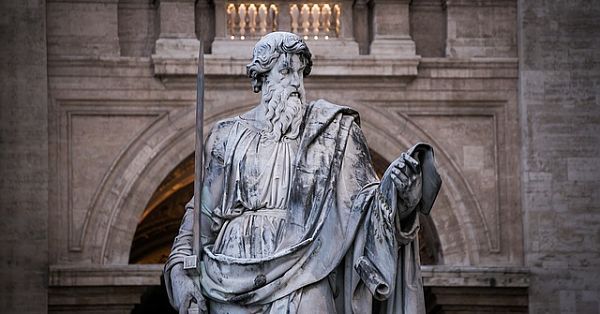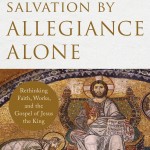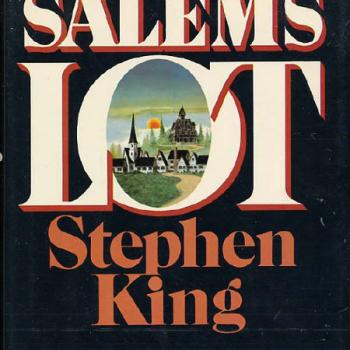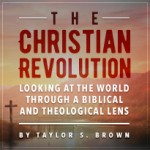
I am a Protestant. Granted, I am a Wesleyan with strong Anglican leanings, especially in my view of the sacraments and theology. But I am, nevertheless, still a child of the Reformation; the English Reformation anyway. That being said, I have really come to enjoy reading and listening to Roman Catholic theologians and biblical scholars. Both Raymond Brown and Joseph Fitzmyer are two of my heroes in the realm of New Testament studies (among their many other excellent writings, Brown’s commentary on the Epistles of John and Fitzmyer’s commentary on Romans are two some of the best commentaries one can get on those respective books).
I also really enjoy reading and listening to Bishop Robert Barron. Barron has the rare ability to think deeply and theologically, and then condense his thought for quality popular-level consumption. His Word on Fire videos and other media has consistently been some of the best and most well-researched Christian video content I’ve seen in recent years.
Barron’s most recent video is particularly interesting to me as a Protestant, as he discusses the Reformation and some of its implications on the eve of its 500-year anniversary.
As an Anglican-ish Wesleyan, whose roots are in the English Reformation rather than the Lutheran or Calvinist wings of the Reformation, I actually found myself agreeing with the majority of Barron’s video. In particular, I think he is dead-on in his assessment of the nominalism that Luther inherited from figures like William of Ockham. Nominalism fundamentally misconceived God as one being (albeit a super being) among other beings, rather than the more classical school of thought (represented by thinkers like Irenaeus of Lyons and Thomas Aquinas, and I would argue, St. Paul) that rightly thinks of God as the Source and Ground of Being Himself. Rather than being in ontological competition with God (a la nominalism), our very agency and life as creatures (and as Christians) is graciously gifted to us by participating in being, created and upheld by God Himself as (in the words of Aquinas) ipsum esse subsistens, “the Subsistent Act of To Be.”
As John M. G. Barclay, an Anglican New Testament scholar notes in his magisterial book, Paul and the Gift (Grand Rapids: Eerdmans, 2015):
The fact that the believer’s life is best described as ‘Christ living in me’ (Gal. 2:20; 4:19) complicates notions of agency in Pauline thought. The presence of Christ within as ‘the Spirit’ means that believer-agency is by no means self-generated or independent, let alone autonomous…At the same time, Paul has no hesitation in speaking of believers as agents…The alternation of agencies in 2:20 (‘It is no longer I who live, but Christ who lives in me; and the life I now live . . .”) should have alerted us to the fact that agency is no simple matter for Paul: neither monergism nor the synergism of independent actors will do justice to his varying expressions…There is no doubt that ‘life in Christ’ is sourced and constituted in the Christ-event, but the believer is thereby created, not diminished, as an actor. Paul’s language requires us to banish ‘zero-sum’ calculations of agency (the more God, the less human), it seems better to speak of a pattern of ‘energism’ in Pauline agency. His paraenesis points simultaneously to divine- and believer-agency, as the expression and realization of the good news. (pp. 441-42, emphasis added)
Thus, the debate between monergism (Calvinists) and synergism (Arminians) is one that can only really exist on the flawed principles of nominalism. As for me, I am a Protestant who, along with Bishop Barron, thinks that nominalism is no good.












